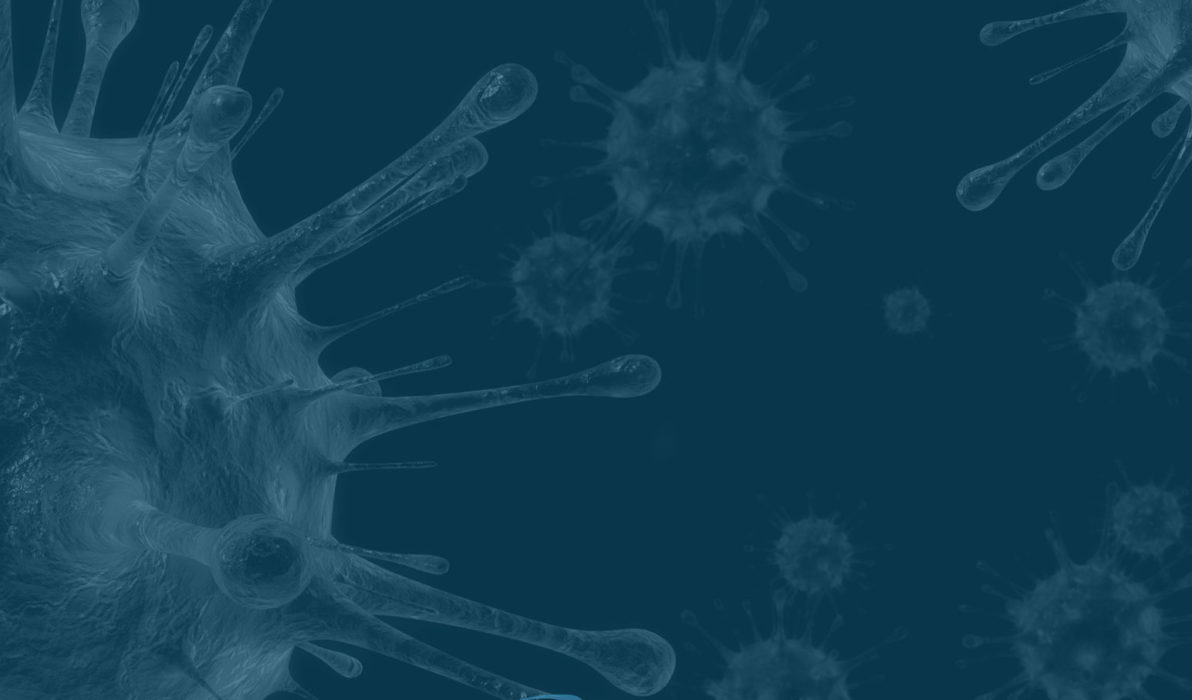
Health care workers — both paid and unpaid — who have direct or indirect exposure to patients who work in-person, as well as residents of long-term care facilities, will be among the first people to get the COVID-19 vaccine in Michigan, according to a plan announced Friday.
The Michigan Department of Health and Human Services (DHHS) announced its priority groups for vaccination distribution Friday as the federal government moves closer to officially approving a COVID-19 vaccine for distribution.
In what’s called “Phase 1A,” those who are paid and unpaid persons serving in health care settings who have direct or indirect exposure to patients or infectious materials and are unable to work from home, as well as residents of long-term care facilities, will among the first up for the vaccine.
Within that first phase is the “Priority One” group, which includes emergency medical service providers, general medical floor, emergency department and intensive care unit workers.
In the “Priority Two” group within Phase 1A are staff in skilled nursing facilities, psychiatric hospitals, homes for the aged, adult foster care centers, assisted living facilities as well as home health care workers caring for high-risk clients with large patient loads.
After that, it’s the vulnerable residents of long-term facilities.
The final group within Phase 1A are other health care workers, like those with direct patient contact who do high risk procedures — dentists, as an example — and then other workers with direct patient contact, followed by those workers with indirect patient contact.
In Phase 1B, some workers in “essential and critical industries” like K-12 school and child care staff in direct contact with children, workers in critical infrastructure, corrections facilities and others would be covered.
Within the critical infrastructure categories are government facilities, which Chief Medical Executive Dr. Joneigh Khaldun said would potentially include lawmakers – although she said she would need to confirm that – and state officials like herself.
At the same time, Khaldun said it won’t necessarily be every single person in every single one of those industries who will be eligible. She said the state is working through who, exactly, are the most critical to “keep the very minimum functioning,” Khaldun said.
Phase 1C will be for people at high risk for severe COVID-19 illness because of underlying medical conditions and people 65 years old and up. The state noted that pregnant women are not currently recommended to receive the vaccine.
Finally, Phase 2 will be a mass vaccination campaign for all adults. The state is aiming to vaccinate 70% of Michiganders 18 years of age or older, about 5.4 million adults, by the end of 2021.
The DHHS noted that the various vaccination phases may overlap, and that one phase may not necessarily finish before another phase begins. The state said it is following the Centers for Disease Control and Prevention recommendations for prioritization of distribution and administration of COVID-19 vaccines.
Khaldun said in a statement Friday that “the process for approval of a COVID-19 vaccine is scientifically sound, and no steps have been skipped. People should know what to expect when they get a vaccine, such as mild side effects like a sore arm or low-grade fever. They should also plan on making sure they get their second dose to make sure they get the full benefit of the vaccine.”
Last month a group of GOP lawmakers wrote Gov. Gretchen Whitmer urging her to implement a “strategic and equitable plan” for vaccine distribution.
Among the questions asked by Rep. Curt Vanderwall (R-Ludington), Senate Majority Leader Mike Shirkey (R-Clarklake) and others included whether there was adequate and equitable distribution planned for personnel in rural health care settings in Phase 1A, as well as rural essential workers and high-risk individuals in Phase 1B.
Friday, VanderWall said he was disappointed the administration didn’t include any legislators in the vaccine distribution planning process despite he and other lawmakers expressing interest in the process.
VanderWall said he was informed the governor was “once again, going to go it alone.” Legislators would be informed in generalities how the vaccines would be distributed, but not in detail. As the governor’s team is trying to convince folks to receive the vaccine, bringing more voices to the table on this critical distribution step would help build public confidence, he said.
“Let us help be part of the solution,” VanderWall said. “Don’t put us on the sidelines. We’re trying to be involved, but we’re not being let in the door.”
In other vaccine news Friday, the Oakland County Health Division Friday received and installed 10 medical-grade laboratory freezers that are equipped to handle extreme temperatures in anticipation of receiving its first allotments of the COVID-19 vaccine.
The freezers were installed in various health division facilities as officials await federal government approval and distribution of the vaccine, according to a press release issued by the county.
Also Friday, the state reported 5,157 more COVID-19 cases and 61 deaths, for new cumulative totals of 426,294 cases and 10,456 deaths.